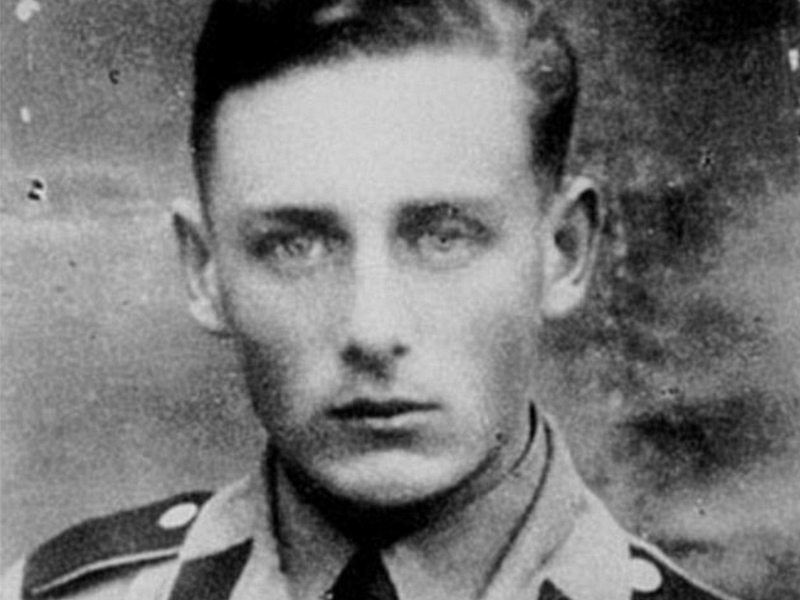Helmut Oberlander’s long, winding legal battle is over. On Dec. 5, the Supreme Court of Canada shut the door on the case, saying it won’t hear the accused Nazi war criminal’s last possible appeal to keep him from being deported from Canada.
As is custom, the high court did not provide a reason for declining to hear the case.
Oberlander, who was found to have lied about his wartime role as a member of a Nazi killing unit, now faces deportation.
The 95-year-old retired real estate developer from Waterloo, Ont., was a member of a Nazi squad that slaughtered thousands of civilians, mostly Jews, in German-occupied Ukraine during the Second World War. But he has always steadfastly maintained that he had been a low-level translator with the unit, Einsatzkommando 10a (Ek10a), who was conscripted as a teenager under duress, and that he never took part in the killing of Jews.
He served with the unit from 1941 to 1943 and said he would have been executed had he tried to leave.
Born in 1924 in Halbstadt, Ukraine, Oberlander became a German citizen during the Second World War. He applied with his wife to enter Canada in 1952, was admitted in 1954 as a permanent resident and obtained Canadian citizenship in 1960, according to the Supreme Court’s website.
His legal woes began in 1995, when the RCMP began probing his involvement in war crimes. In 2000, the Federal Court found that Oberlander had lied about his wartime past to obtain Canadian citizenship.
On three occasions – 2001, 2007 and 2012 – the federal cabinet stripped Oberlander of his citizenship. Each time, the decision was set aside by the Federal Court and returned to cabinet for reconsideration.
In 2017, the governor-in-council revoked Oberlander’s citizenship for a fourth time on the grounds that he was complicit in crimes against humanity, “having made a voluntary, knowing and significant contribution to the crimes committed by Ek10a,” according to the Supreme Court’s background information.
Last year, the Federal Court dismissed Oberlander’s application for a judicial review of the decision, saying his defence of duress was not valid.
This past April, the Federal Court of Appeal unanimously ruled that the file be closed.
Jewish advocacy groups welcomed the Supreme Court’s dismissal of the case.
“As Holocaust survivors and descendants, we are heartened that the government and courts stand with us in pursuing justice. Even now, we are haunted by the heinous crimes committed against us and our families. We are pained by the thought that there are still Nazi war criminals who conceal their past and live among us,” said Edit Kuper, co-president of Canadian Jewish Holocaust Survivors and their Descendants, in a statement.
For 24 years, Oberlander “cynically abused Canada’s justice system to avoid prosecution in Germany,” stated Shimon Koffler Fogel, the CEO of the Centre for Israel and Jewish Affairs. “Anyone who cares about justice and human rights should join together in calling on the government of Canada to immediately initiate the deportation process.”
With Oberlander’s legal avenues exhausted, “it is imperative that he be deported from Canada immediately so that all Canadians, but especially the victims and their descendants of the mobile death squad Oberlander served in, can have their justice,” said Ran Ukashi, the national director of B’nai Brith Canada’s League for Human Rights. “There are no more excuses for having him remain in Canada. Oberlander must go immediately.”
Friends of Simon Wiesenthal Centre CEO Avi Benlolo said that, “Far too many Nazis have managed to get away with murder, live relatively normal lives and enjoy the freedom their victims were robbed of during the Holocaust. While justice in this case is long overdue, it is not too late for justice to be served.”
Bernie Farber, the former head of the Canadian Jewish Congress who has followed the case since the beginning, said the Supreme Court’s decision was “not a judicial or governmental success. This is justice that took a detour, lost its way and found a road back. We have little here of which to be proud.”
